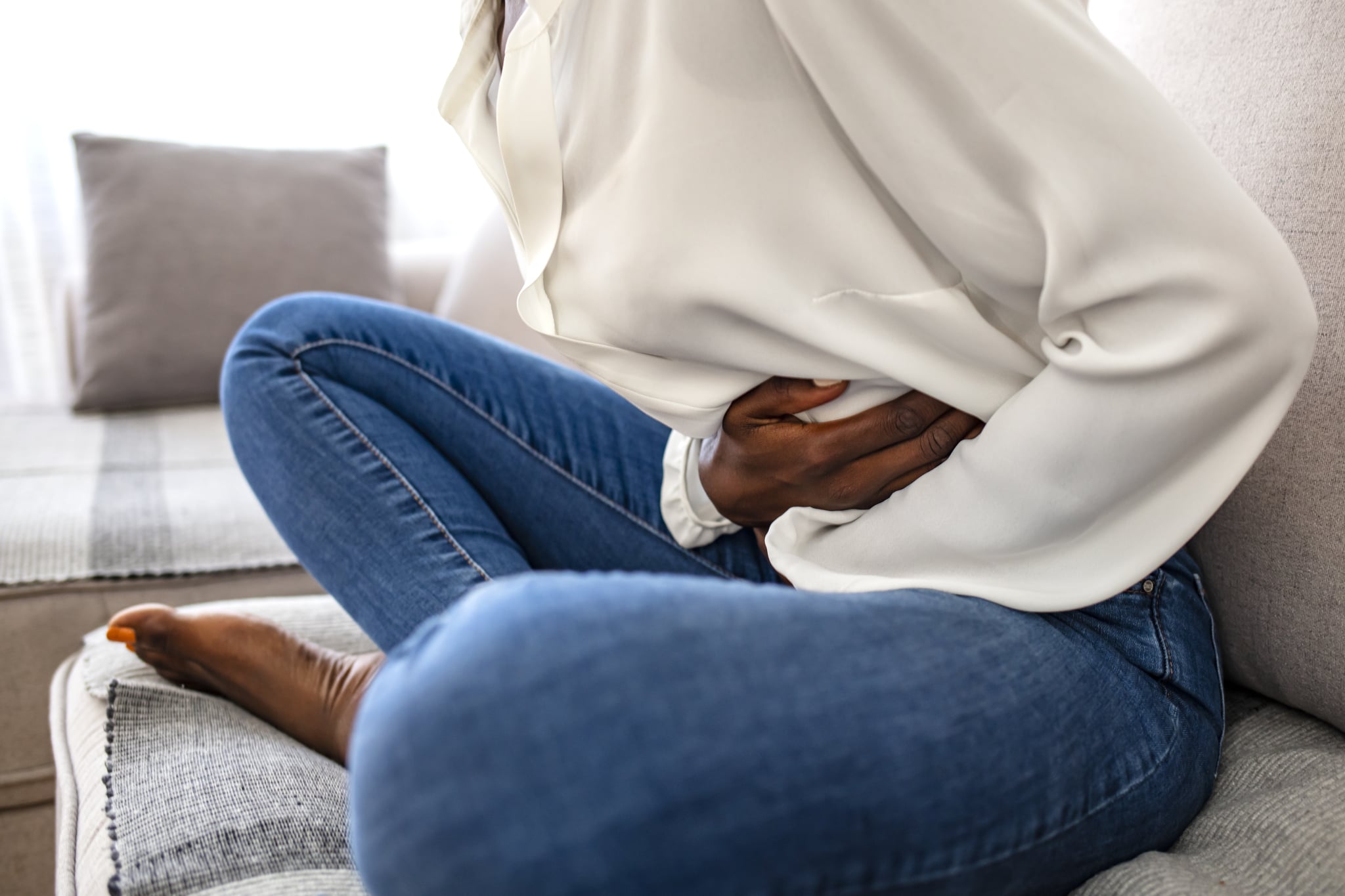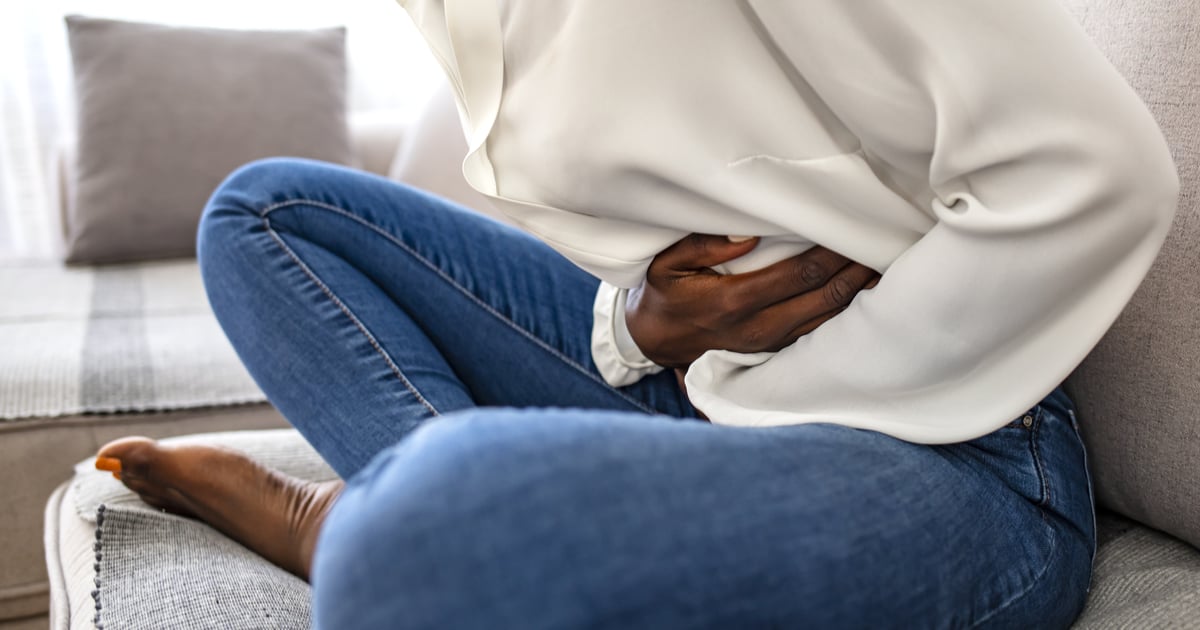Products You May Like

Having a period come early is just as nerve-racking as it is showing up two or three days late. While you may initially feel overwhelmed trying to figure out why this might happen (Did I miss a birth-control pill?), it may be as simple as assessing the amount of stress you’ve been under. Amy Roskin, MD, a board-certified ob-gyn and chief medical officer of The Pill Club, explained that stress can not only cause your period to be delayed but also to arrive early.
“Many people know that stress can cause your period to come late, [but] it can also be associated with your period coming prematurely,” Dr. Roskin told POPSUGAR. This is because stress can cause a wave of hormonal imbalances and changes. “Specifically, stress causes increased production of the hormone cortisol, which can affect the functioning of the ovaries and lead to lighter or shorter periods,” she said, adding that spotting is also relatively common when someone is under a lot of stress. The more stress you experience (consciously or not), the more cortisol your body produces, putting you at greater risk for unscheduled bleeding.
Additionally, changes to your routine, weight fluctuations, dieting practices, and certain medications, including the morning-after pill, can also cause your period to arrive early. So, how do you know if stress is to blame? Dr. Roskin said it’s best to take a step back and ask yourself: Is my stress level high right now? Am I prioritizing exercise, sleep, and healthy eating? Depending on your answers, stress could be the culprit. “There isn’t a particular symptom set that would prove that stress is causing the early bleeding,” she said, but prioritizing those three things and being aware of your stress triggers can help prevent stress from disrupting your menstrual cycle in the future.
Whether it be emotional or physical, stress affects our mind and body in a myriad of ways. However, Dr. Roskin recommends speaking with your doctor if you continue to experience irregular periods. “While many people’s menstrual cycles might become irregular every once in a while, a period that is consistently later or earlier than expected might be cause for concern,” Dr. Roskin warned. She explained that a “diagnosis of exclusion” may be conducted to help rule out underlying conditions like polyps or infection. From there, you and your doctor can tailor a plan for managing your stress.
